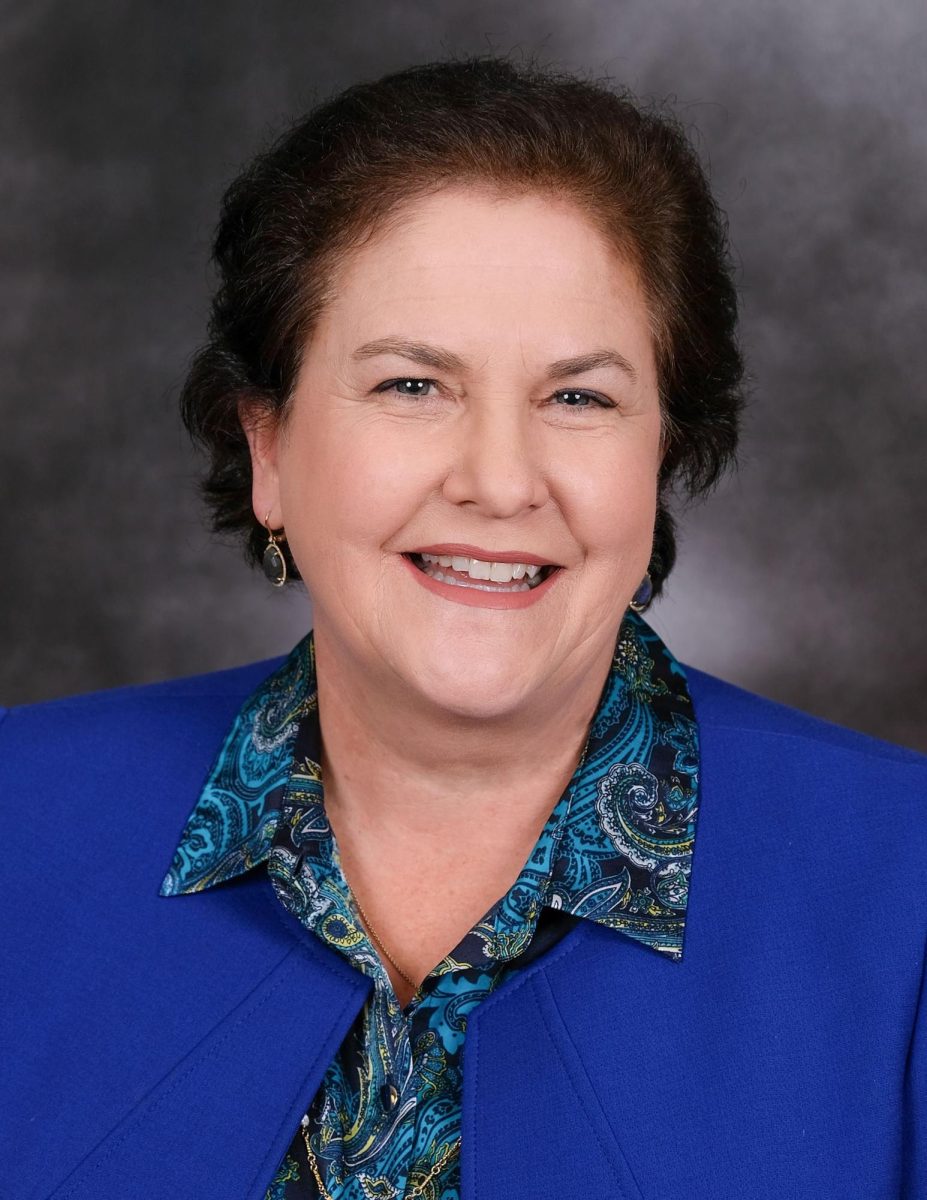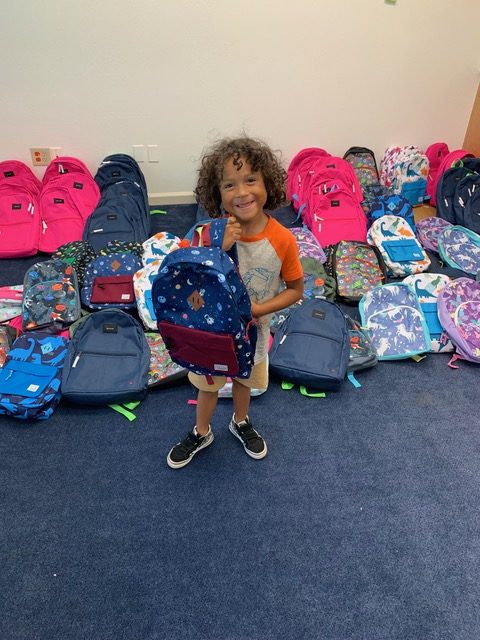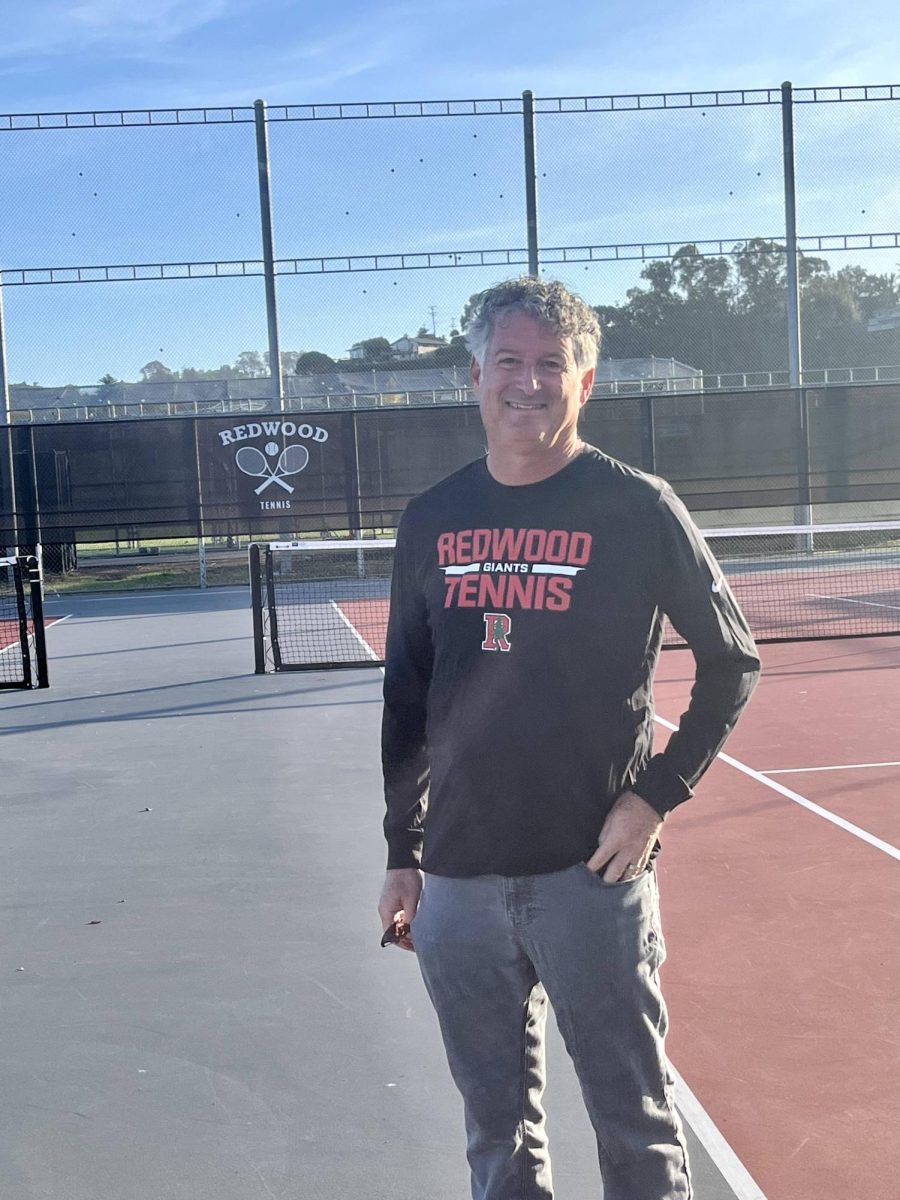Though many Juvenile Hall facilities offer many different treatment options to minors in an effort to keep them from repeating their crimes and keeping communities safe, not all who work within the system say they believe adolescents are given a proper environment to resolve personal issues.
Boe Roberts, a Mill Valley psychotherapist who has worked with people who have been to Juvenile Hall, said that she would like to see a massive overhaul when it comes to the Juvenile Hall system and the way that minors are detained after committing crimes. Roberts said that she believes punishment is not the solution for helping people resolve the problems that could be causing them to commit crimes in the first place.
“Rather than a Band-Aid sort of solution like a punishment center, [the system should] look for a more functional solution that can be engrained in our society by working with families in our community as a whole, rather than just saying, ‘Okay, a crime was committed, now we have a problem, now we are going to work with it,’” Roberts said.

Roberts said that often the reason why kids commit crimes is deeply rooted in personal issues they may be battling, especially problems that parents or family members may suffer from as well, such as drug or alcohol abuse.
“I’m not trying to blame parents, everybody has their own personal life story of why they do the things that they do, but they do affect each other,” Roberts said. “Parents affect their children so much, and usually these things do go hand in hand.”
Though Roberts does applaud the work of many probation officers she has worked with, she said she feels that somehow families and their children need to be worked with further in order to keep crimes from happening in the first place.
“No, I don’t think that Juvenile Hall is a solution to stopping crime. I don’t believe that punishment works at all,” Roberts said. “I don’t think that anyone I have ever worked with has come out of Juvenile Hall thinking that it was a good experience.”
Marsha Leonard, a therapist who works at Marin County Juvenile Hall, said that in a perfect world she would rather not see the need for Juvenile Hall at all.
“Wouldn’t it be wonderful if you could just close it?” Leonard said. “Unfortunately, that would never happen.”
Leonard did say however that in certain cases, she feels that sending someone to Juvenile Hall does have beneficial purposes.
“Sometimes you really need to look at who’s getting hurt on the outside, and there’s a lot of people getting hurt,” Leonard said. “There are a lot of crimes against people that are really horrible. There’s a lot of insidious stuff that goes on, and I think that people do need to have something really stop them.”
Kevin Lynch, director of juvenile services at the Marin County probation department, said that he would like to provide other options to minors who commit felonies in addition to Juvenile Hall.
“My staff end up placing a lot of people in Juvenile Hall because they are so concerned about their behaviors in the community. If they had a choice and thought that some other place was going to get at what their behaviors are and help them more, they would choose that,” Lynch said. “But there really is no other place to take a child that’s engaging in the type of behaviors where they are either going to hurt themselves or someone else.”
Lynch said that in the future he would like to see a place built that focuses on helping adolescents with drug and alcohol programs, but that he finds it hard to see that happening in Marin County, as there aren’t enough kids placed in Juvenile Hall in the first place to be able to support it.
“A lot of youth are in our Juvenile Hall because they are not able to control their drug and alcohol use,” Lynch said. “They engage in really scary behaviors. That’s why we detain them. In an ideal world I would like to take a child and instead of placing them in a detention facility, place them for example in a detox facility.”










